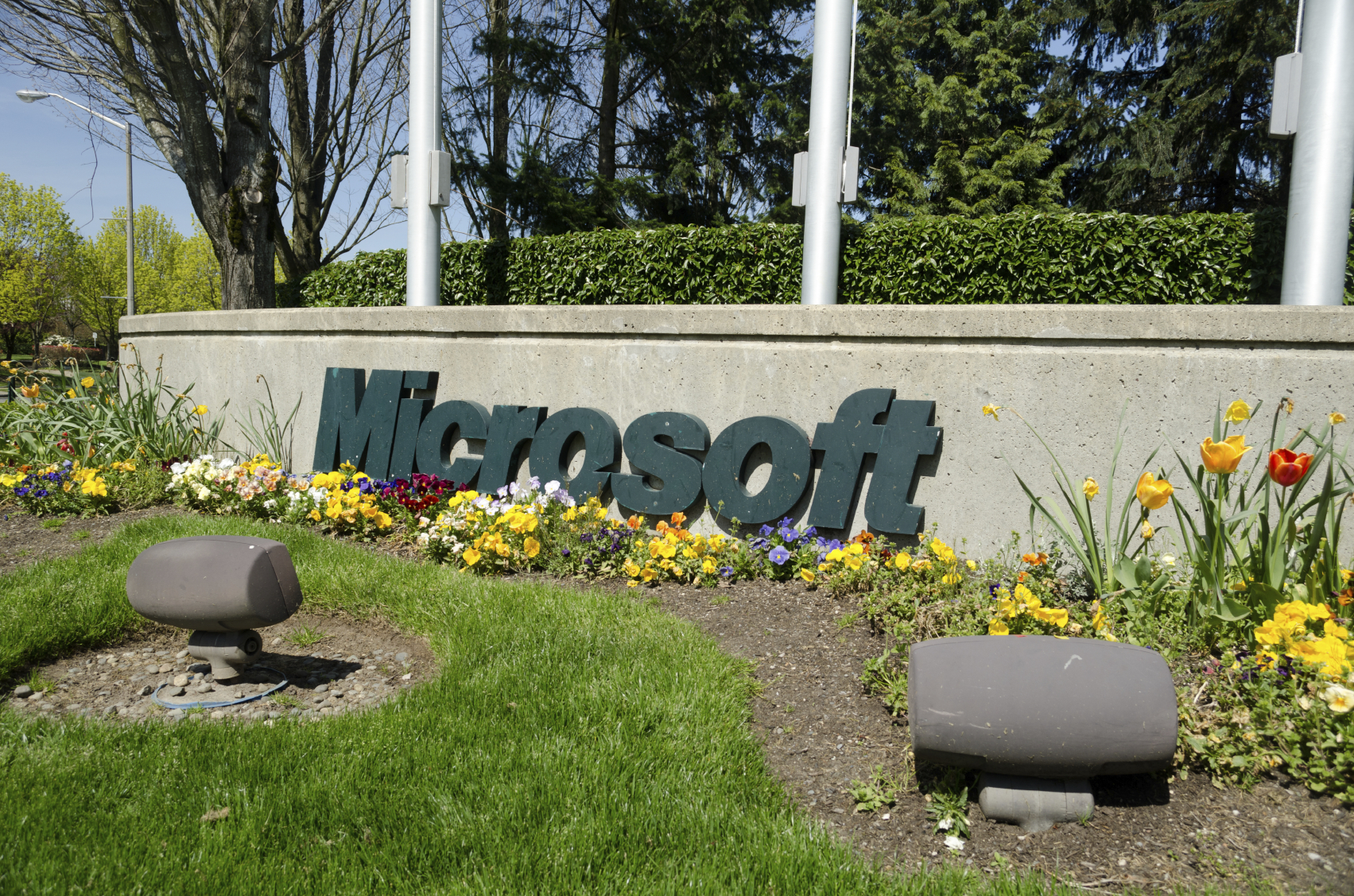What Happened
Microsoft has officially joined the connected car race by announcing a new “auto licensing program” that lends its proprietary technologies in navigation, entertainment, and voice recognition to automakers, Toyota is the first partner to license Microsoft’s technologies, but the Japanese company offers no detail on exactly what it plans to use the patents for.
Up until now, Microsoft has relatively taken a back seat in the connected car development compared to its arch-rivals Google and Apple, revealing last year that it has no intention to build self-driving cars. This new licensing program seems more likely to offer components that can help auto brands to build a Windows-powered in-car infotainment system a la Apple’s CarPlay, which is a considerable step-down from the ambitious ”Windows in car” concept it had planned.
What Brands Need To Do
Regardless of its level of sophistication, this move by Microsoft serves as the latest harbinger in the transformation that the auto industry is going through. According to the estimation of market research firm Gartner, Inc, there will be a quarter billion connected vehicles on the road by 2020, enabling new media opportunities to reach customers while they are in the car. As connected car becomes the next battleground for consumer attention, brands should seize the opportunity to reach in-car consumers with personalized value offers through the dashboard and integrated digital channels.
Source: The Verge

